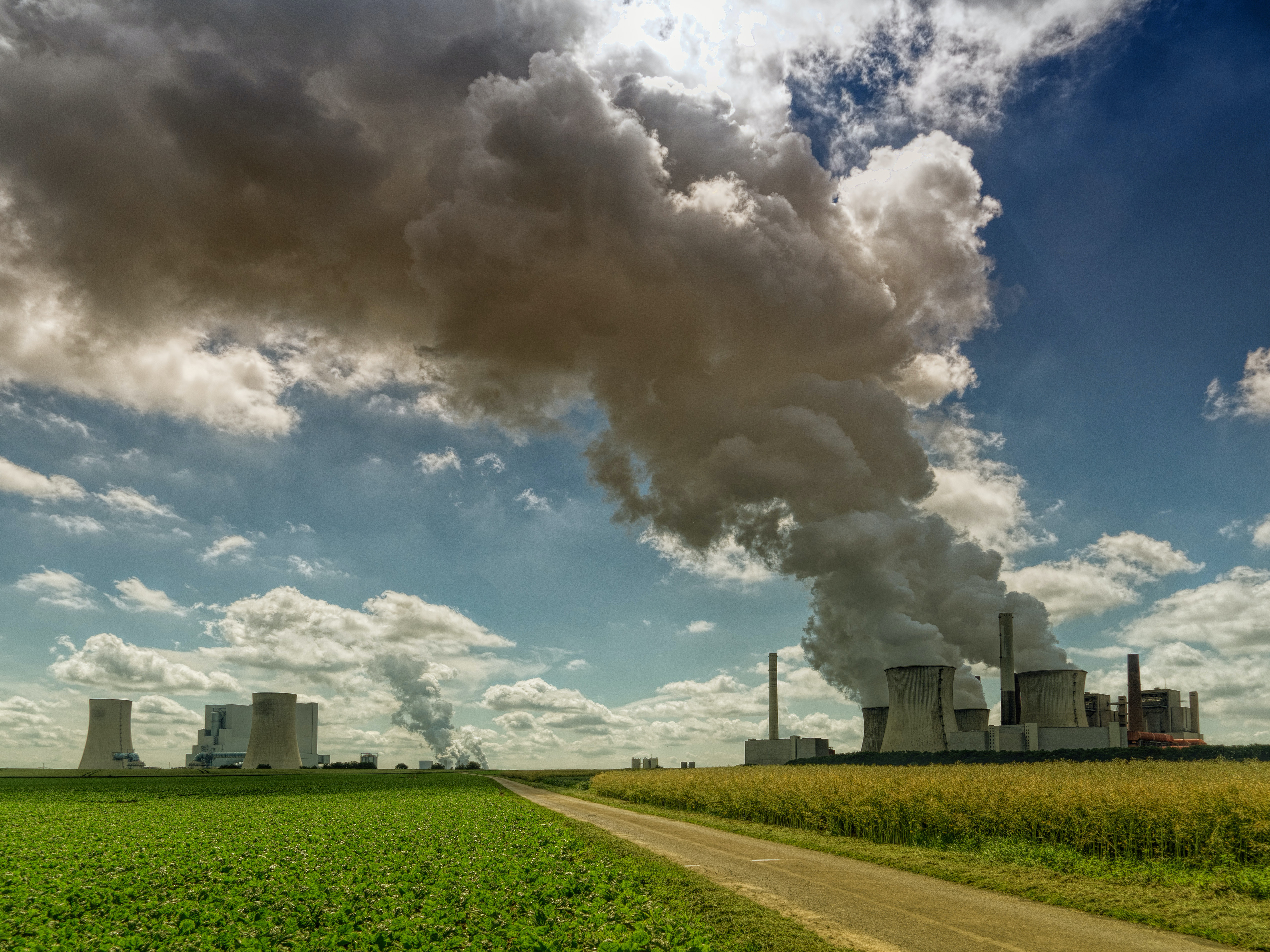
For most businesses, in the economic train wreck that was 2020, sustainability took a back seat to survival.
Good intentions didn’t fade away; businesses continued to pay lip service during the year to the need for lightening their impact on the environment. But keeping the doors open, and serving what customers they were able to muster, became the priority.
Terrible economic conditions have continued to prevail in the early weeks of 2021, but as companies anticipate recovery and an end to the coronavirus pandemic, at least some executives are looking to reaffirm their commitment to green policies across the supply chain.
Spurred on by increasingly dire scenarios of drastic climate change, they are moving ahead with a newfound sense of urgency.
One such effort draws a leaf from Silicon Valley’s startup playbook, in the form an accelerator dedicated expressly to sustainability. Techstars is partnering with a wide variety of major businesses, including Amazon Web Services, Cargill, Inc., Stanley Black & Decker, Inc., The Nature Conservancy, Equinor, Comcast Corp./NBC Universal, and Temasek Holdings Ltd., to create startups that promote sustainability. Among its recent initiatives is the Techstars Sustainability Challenge, aimed at entrepreneurs, tech startups, researchers and NGOs, and focusing on two categories: data and automation, and materials and end-of-life impact. A handful of finalists will be selected in April to develop proofs of concept in collaboration with a Techstars program partner.
As the term “accelerator” suggests, speed is of the essence. Typically, Techstars will work with between two and 15 employees, linking them up with corporate resources and mentors, and doling out $1 million or less as the program matures.
One such initiative is targeting sustainability in the food and agriculture industry, with the participation of Cargill and Ecolab, Inc. Another involves Stanley Black & Decker, focusing on ventures in additive manufacturing. All efforts draw on the expertise of seasoned executives, yet with a nimbleness that’s the hallmark of the startup mentality.
The sponsoring organizations gain from their participation as well, notes Cody Simms, senior vice president of climate and sustainability with Techstars. “Their general motivation for wanting to work with us is to build a startup ecosystem around their brand, and attract innovative companies to come work with them, so they can see early-stage concepts that they should be thinking about from a partnership or future M&A perspective,” he says.
In addition, Simms notes, participating companies expose their executive teams to faster decision-making, while gaining access to new investment opportunities.
For any fledgling venture, working with an accelerator can be an exhausting experience, with investors demanding rapid results and an early “exit” at which they can cash in on their wager. There’s also the risk of exposing one’s intellectual property to a more powerful entity, which could become a competitor down the line. Simms says such matters are subject to negotiation with Techstars’ partners, but insists that the organization’s primary purpose is offering business guidance and best practices in an area that’s rich with opportunity.
For many startups entering an accelerator program, the hoped-for endgame is an initial public offering or acquisition. (Entrepreneurs, after all, are looking for the same big payday as their investors.) But Simms says participants in the Techstars accelerator “are still at the beginning of a journey. They get to learn how companies do business, and understand if the product they want to sell is going to gain traction.”
Techstars marries that capitalist desire with the value of sustainability. Companies’ priority for the coming year, says Simms, will be development of technology designed to address climate change.
“It’s a rehash of the clean tech movement of the early 2000s, but much broader than energy,” he explains. Expect to see investments in agriculture, transportation and manufacturing, all with the goal of “transitioning legacy industries into more sustainable and climate-friendly versions.”
The category of data and automation includes innovations such as blockchain and the use of satellite imagery to improve computer vision. On the materials side, entrepreneurs will look to create more sustainable products and materials, especially biodegradable and reusable packaging. Initiatives already underway include development of a carbon fiber for an automotive manufacturer, a sensing device placed inside packaging and tied to the internet of things, and an effort to enable large corporations and academic institutions to track and resell unused equipment.
As of the end of 2020, Techstars was running 46 accelerator programs around the world. Each invests in 10 startups, for a total of around 500 a year. The organization’s global portfolio consists of approximately 2,000 active companies, of which 22 are sustainability-oriented. Says Simms: “Innovations are showing up all over the map.”







